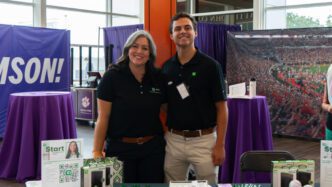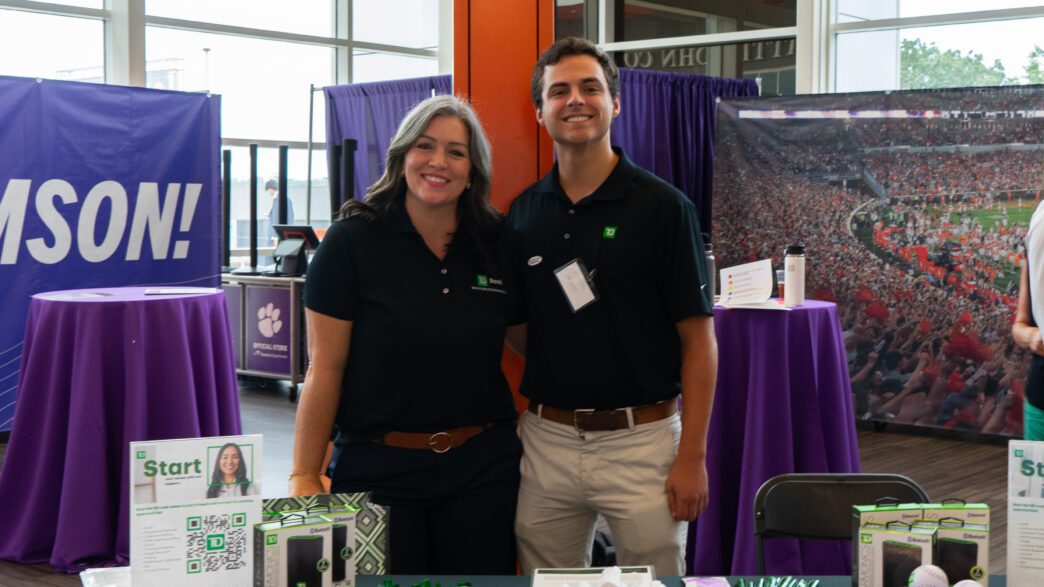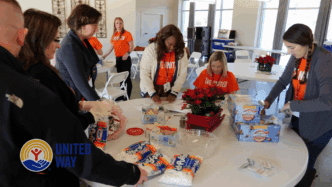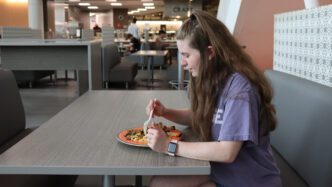Several weeks into his summer internship at TD Bank in Greenville, Clemson University senior Christian Afonso’s manager presented him with a problem. She wanted to improve the company’s employee onboarding — did he know anything about experiential learning?
“When I heard those two words, I lit up,” he said.
Afonso, a Management Information Systems major from Murrells Inlet, South Carolina, was able to bring his experience as a student worker in Clemson’s Office of Experiential Learning (CU-ExL) to hundreds of TD Bank employees, helping them implement proven educational strategies when onboarding new employees.
As team lead intern for CU-ExL, Afonso works with fellow students to identify and support experiential learning opportunities in Clemson course offerings, in turn, helping to deliver the No. 1 student experience. Clemson’s definition of experiential learning aligns with educational scientist David A. Kolb’s theory on the subject, taking students beyond the traditional lecture learning experience and bringing material to life through exploration and discovery, the creation of tangible or intangible works, by honing skills or clarifying values.
Kolb’s theory describes four steps in the learning cycle: concrete learning, reflective observation, abstract conceptualization and active experimentation. In Afonso’s work for CU-ExL, his team collects faculty interview data to provide to the college ExL Ambassadors who review and review courses for an ExL Tag. Examples of this at Clemson include study abroad, creative inquiry, workplace learning and service learning.
“It’s been incredibly rewarding to witness the transformative impact of Experiential Learning on our CU-ExL interns and the wider campus community during my time as QEP Director,” said Abby Baker, director of Clemson’s Quality Enhancement Plan. “As Christian’s story illustrates, ExL opens doors to career pathways and personal growth that extend far beyond the traditional classroom experience. We’re excited to continue expanding these opportunities, ensuring every student can connect their academic journey with meaningful, real-world experiences.”
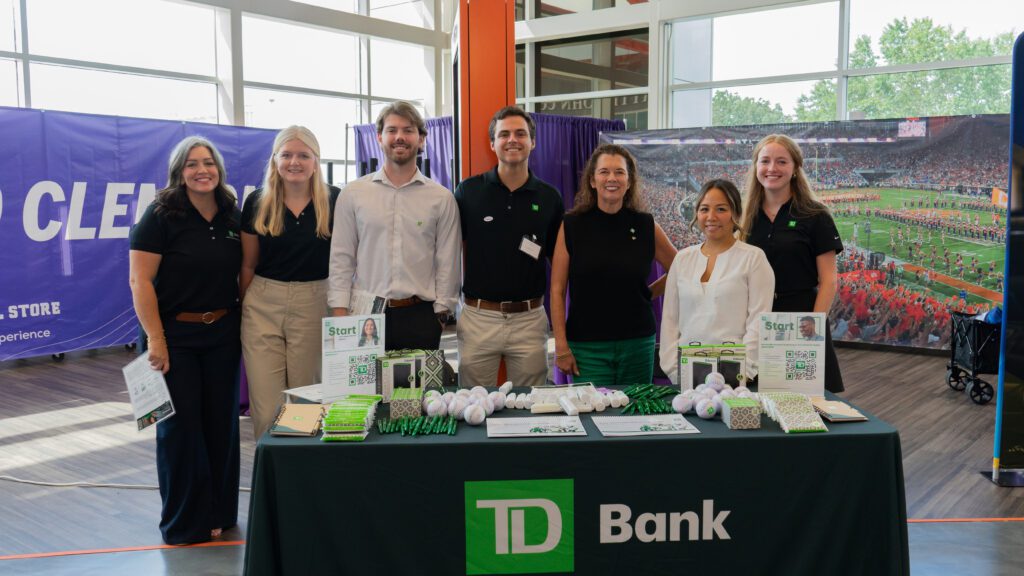
Last summer, Afonso’s career interests led him to the internship within the Chief Operating Officer (COO) group in TD Bank’s Analytics, Intelligence and AI department. His work ranged from supporting executives’ AI training to building internal apps, including one currently used by 500 employees and others that has saved an estimated 6,000 capacity hours, or the total number of hours an individual or team is available to work on tasks within a specific time.
It was that conversation about experiential learning, however, that came to best define his time at TD Bank. With Afonso’s background at Clemson, he was able to explain the process to management and provide possible solutions.
Afonso analyzed TD Bank’s current onboarding process and found it was primarily lacking the “reflection” aspect of the Kolb cycle.
“When you look back on what you did, what mistakes you made and really reflect on it, that’s what changes a cool experience into a learning experience,” Alfonso said. “The science behind it has been proven to work over and over again.”
Afonso focused on incorporating journaling into new employee onboarding, allowing the employee to actively participate in the learning process while reducing the load on management. Employees were encouraged to think about their experiences at work, reflecting on what they could have done better in certain situations. How did it make them feel? What lessons did they learn?
Results were positive enough that Afonso’s department now requires all new hires to go through the Kolb cycle when learning a new process.
Hiroshani Samarasinghe, senior strategy lead at TD Bank, saw the improvements firsthand.
“Christian jumped right in, contributed meaningfully and made a positive impact on the team,” Samarasinghe shared. “Thanks to his insights on experimental learning, we enhanced our learning programs.”

